Toshiba, Sojitz and CBMM partner to commercialize next-generation Li-ion batteries with NTO anodes
Green Car Congress
SEPTEMBER 25, 2021
Toshiba Corporation, Sojitz Corporation, and CBMM have entered into a joint development agreement for the commercialization of next generation lithium-ion batteries using niobium titanium oxide (NTO) as the anode material. One of the major requirements for rechargeable battery development is greater energy density and faster charging.

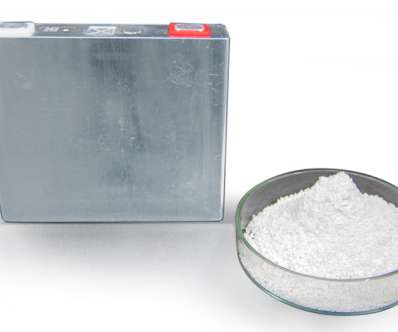
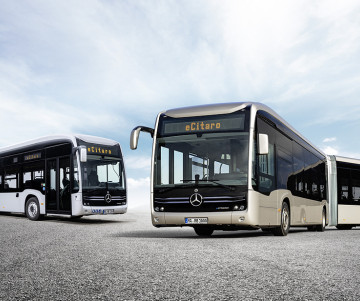
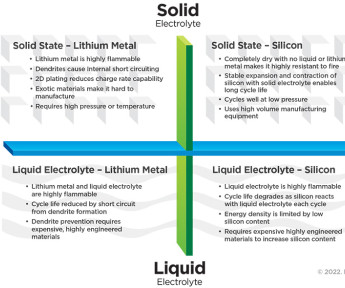
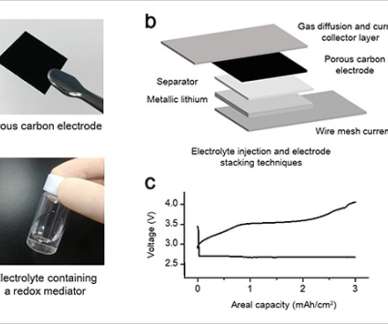

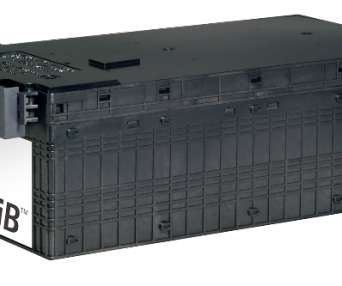





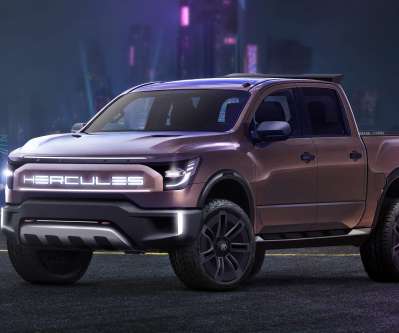

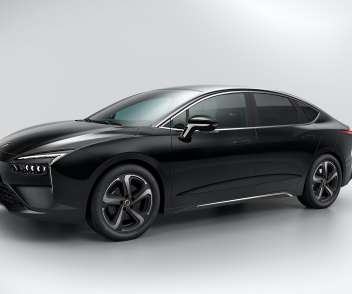






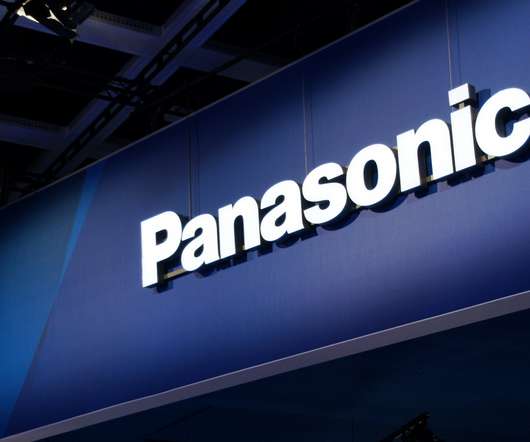




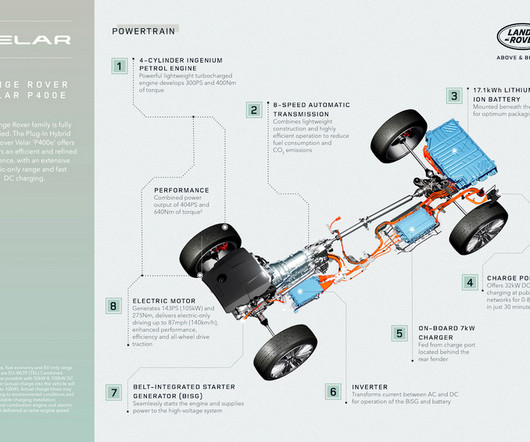
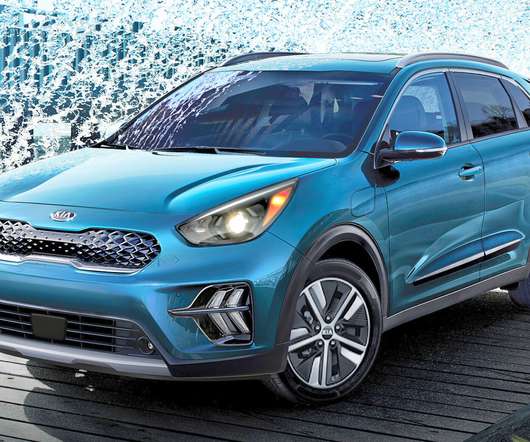
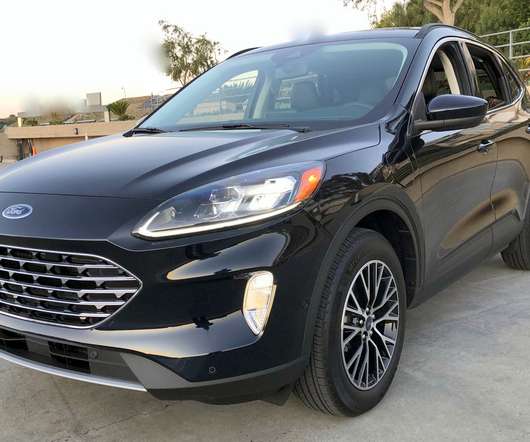
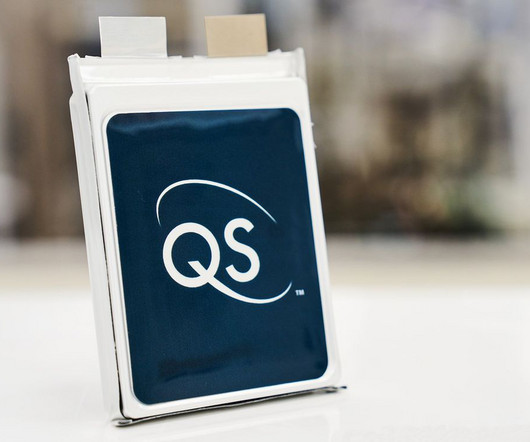









Let's personalize your content